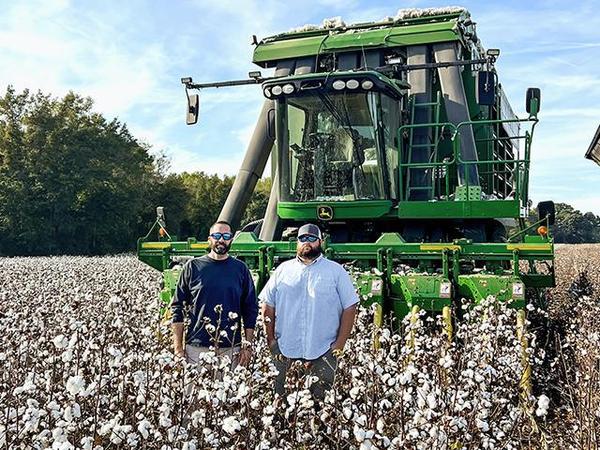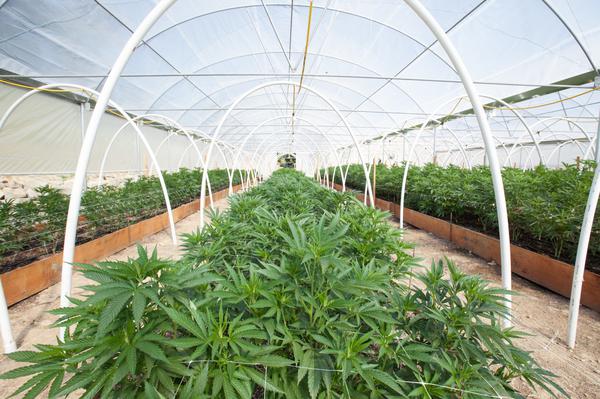
Consistent Performance Gains Farmer Trust
Given the old philosophy of using a few hybrids across the entire farm, Harris realized that adding different hybrids matched to soil types -- seeded at different populations by field zones -- wasn't a significant technology leap but a good place to start.
Harris Farms began seeding a prescription corn population from 26,000 to 30,000 based on soil maps and 1.5-acre grids. "Their color-coded soil-type maps changed so drastically across a field that they looked like a bag of Skittles," Elmore ex
Harris Farms began seeding a prescription corn population from 26,000 to 30,000 based on soil maps and 1.5-acre grids. "Their color-coded soil-type maps changed so drastically across a field that they looked like a bag of Skittles," Elmore ex


